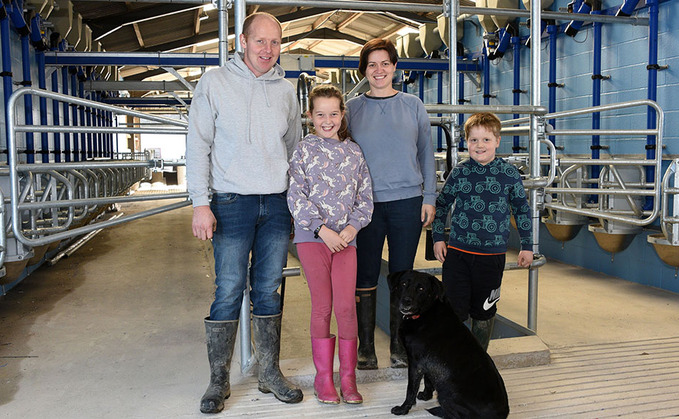
After making the decision to switch to dairy, husband and wife team Stephen and Claire Jones tell Gaina Morgan about their transition, and why it presents them with a brighter future. Family life and...

After making the decision to switch to dairy, husband and wife team Stephen and Claire Jones tell Gaina Morgan about their transition, and why it presents them with a brighter future. Family life and...